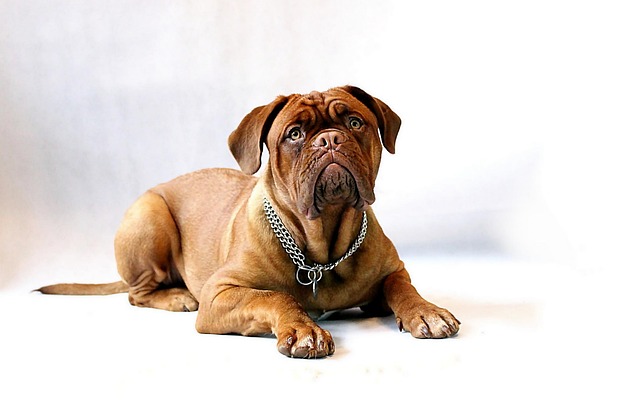
How do i train my dog to be obedient?
Watching your dog dart across the park ignoring your calls isn’t just frustrating—it can put them at risk near busy streets or public spaces.
New puppy owners often find themselves staring at a chewed slipper one minute and fretting over a puddle on the rug the next. Among the most common worries? Wondering when their furry bundle will finally master potty training. It’s a question with no single answer, but understanding the factors at play can take a lot of the stress out of the process.
Most puppies start showing signs of being able to hold it for longer stretches between 12 to 16 weeks old, but full mastery—where accidents become rare, even with excitement or schedule changes—usually happens between 4 to 6 months. That said, some breeds, especially smaller ones with tinier bladders, might take a bit longer, while larger, more independent breeds sometimes catch on faster. It’s not about intelligence; it’s about physical development. A puppy’s bladder and bowel muscles need time to strengthen, just like a toddler’s.
Consistency is key here. Taking your puppy out first thing in the morning, after naps, meals, and playtime, and praising them wildly when they go in the right spot helps speed things along. Skipping these routines or scolding them for accidents can slow progress—fear doesn’t teach good habits. Many local areas have rules about cleaning up after pets in public, so nailing this training early also keeps you on the right side of community guidelines.
 Individual personality matters too. Some puppies are naturally more attentive to cues, trotting to the door when they need to go, while others get so caught up in exploring that they forget until it’s too late. That’s normal. Even after the 6-month mark, don’t be surprised by the occasional slip-up—stress, a new home, or a sudden change in routine can throw them off. It’s part of the learning curve.
Individual personality matters too. Some puppies are naturally more attentive to cues, trotting to the door when they need to go, while others get so caught up in exploring that they forget until it’s too late. That’s normal. Even after the 6-month mark, don’t be surprised by the occasional slip-up—stress, a new home, or a sudden change in routine can throw them off. It’s part of the learning curve.
What helps most is staying patient. Rushing the process or getting frustrated can make your puppy anxious, which only leads to more accidents. Keep a journal to track when they typically need to go, and adjust your schedule to match. Over time, those trips outside will get less frequent, and the accidents will fade.
By 8 months, almost all puppies should have a solid grasp on potty training, but remember, every one is unique. Celebrate the small wins—a week without accidents, a puppy who alerts you when they need out—and trust that consistency and kindness will get you there. Before you know it, you’ll be more focused on their next adventure than mopping up messes.

Watching your dog dart across the park ignoring your calls isn’t just frustrating—it can put them at risk near busy streets or public spaces.

New puppy owners often find themselves rushing to clean up accidents before they set in, and that’s where puppy pad training becomes a game-changer.

If you've noticed your dog's waistline disappearing and your veterinarian has mentioned those few extra pounds, your first instinct might be to simply reduce the amount of food in their bowl.

Training a dog to use a designated spot indoors isn’t as daunting as many new owners fear, but it does take consistency and an understanding of your pet’s needs.

That moment of dread on a walk is all too familiar for many new dog owners. You see another dog approaching down the sidewalk of your neighborhood

If the sight of another dog on your neighborhood walk makes your heart sink as your own dog erupts into a frenzy of barking and lunging, you're not alone.